Master guest posting for SEO! Learn ethical strategies to acquire high-quality backlinks, boost authority, and drive targeted traffic to your site.
Disclosure: This post may contain affiliate links. This means that if you click on a link and make a purchase, I may earn a small commission at no extra cost to you. I only recommend products and services I truly believe will add value to you.
Guest Posting: A Powerful Backlink Strategy for Affiliate Marketers
If you’re working in affiliate marketing, you probably already know that high-quality backlinks can make a huge difference in getting your website noticed by both search engines and potential customers. Among the many link-building methods available, guest posting remains one of the most effective and sustainable strategies I’ve used to build authority and drive targeted traffic.
Guest posting is the process of contributing valuable, original content to another blog or website in your niche. In exchange, you typically get a link back to your site—either in your author bio or within the content itself—helping improve your SEO while introducing your brand to a new audience. This approach works especially well for affiliate marketers because it not only strengthens your backlink profile but also puts your content in front of people who are already interested in your niche, increasing the likelihood of affiliate conversions.
The key to guest posting success is focusing on quality over quantity. You’ll get the best results by targeting reputable websites with an engaged audience, writing content that genuinely helps readers, and ensuring your backlinks are placed naturally and contextually within the article. Over time, these guest post backlinks signal to Google that your site is a credible resource, which can steadily push your rankings higher.
In this guide, I’ll walk you through exactly how to identify guest posting opportunities, pitch your ideas so they get accepted, create content that delivers real value, and use those backlinks to boost your affiliate site’s visibility and income.
![]()
Why Guest Posting Works for Affiliate Marketers
Guest posting isn’t just about getting your name out there. It’s also a super reliable way to increase authority and bring in targeted visitors. When you publish an article on a site related to your niche, you build trust with both readers and search engines. Google pays close attention to backlinks, especially those from credible sources, so every quality guest post you land can lead to a healthy bump in rankings for your affiliate site.
For affiliate marketers, guest posting gives you more than just a chance at backlinks. It helps you show your expertise, connect with new audiences, and even build relationships with fellow marketers or brands. Because search engines like Google highly value links from relevant, high authority sites, guest posting remains one of the most practical approaches to link building. Plus, this strategy can help you set yourself apart from competitors who rely solely on sponsored ads and social media. Guest posts indicate to both readers and search engines that your recommendations and insights have been recognized by reputable platforms in your niche.
Basics of Guest Posting for Backlinks
Before pitching your first article, it’s worth understanding a few basics. Guest posting for backlinks is about two things: providing genuine value to the host site’s audience and naturally including links that help users without coming off as spammy. Good guest posts are educational, relevant, and fit the style of the website you’re writing for. Avoid forced or unrelated links. These can backfire fast in the SEO world, so always aim for quality and authenticity.
Typical affiliate marketers focus on getting at least one dofollow backlink per guest post. Dofollow links pass SEO value to your site, unlike nofollow links, which are mostly for referral traffic. While building any kind of link profile can help, targeting dofollow opportunities will deliver better SEO returns in the long run. You should also consider the context and placement of the link to ensure it fits with the host site’s message and helps readers in a meaningful way.
- Dofollow Backlinks: These allow search engines to follow the link and count it as a vote of confidence for your site, helping improve rankings.
- Nofollow Backlinks: These don’t pass SEO value but can still drive direct visitors.
- Contextual Placement: When your link sits naturally within the content, it’s both userfriendly and more appealing to search engines.
Step by Step Guest Posting Process
To set yourself up for guest posting wins, it’s worth following a clear process. Here’s how I tackle it every time I want new backlinks for an affiliate site:
- Find Suitable Websites: Look for sites that are relevant to your affiliate niche. Tools like Ahrefs, Moz, or just good old fashioned Google searches (e.g. “write for us + your niche”) work well for this.
- Check Site Authority: Aim for sites with decent domain authority (DA). Plug the site into a tool like Moz or SEMrush to get this number; it doesn’t have to be super high, but anything over 30 is worth considering for beginners.
- Review Guest Post Guidelines: Most sites have clear rules. Always read these before reaching out, paying attention to preferred topics, format, and linking policies.
- Pitch Relevant Topics: Make your pitch tailored and personal. Suggest topics related to the site’s existing content but with a fresh angle. Mention how your idea benefits their audience.
- Write Quality Content: When your topic’s approved, focus on genuinely helpful, unique content, not rehashed fluff. Internal and external links should support readers and never feel forced.
- Include Natural Backlinks: Add your backlink naturally within the text, right where it makes sense to include more info or a useful resource.
- Follow Up and Promote: After your post is published, thank your host, share the post on social channels, and interact with commenters. This shows you’re invested and can lead to more guest posting chances in the future.

Tips for Pitching Guest Posts Successfully
Getting your guest post accepted can sometimes feel tricky, but these strategies have worked well for me over the years:
- Personalize Every Email: Avoid the generic “Dear Webmaster.” Use the real name and mention something specific about a post or project they’ve done recently.
- Suggest Several Topics: Give a few topic ideas rather than just one. It shows you put thought into your pitch and you’re flexible.
- Focus on What’s Valuable: Don’t just talk about yourself. Highlight why your post will be handy for their readers.
- Share Examples of Your Work: Include links to previous articles or your site. This builds your credibility and shows your writing quality.
- Keep It Brief: Most site owners are busy. Write in a clear, upbeat way and get to the point quickly.
Common Guest Posting Hurdles and How to Handle Them
I’ve hit a few snags with guest posting, and I’ve talked to plenty of affiliate marketers cruising down the same bumpy road. Here are some typical issues, plus how I manage each one:
- No Response After Pitching: If you don’t hear back in a week or two, send a short, polite follow up. Sometimes pitches get buried in busy inboxes.
- Strict Linking Policies: Some sites only allow nofollow links or limit the number of backlinks. Always double check linking guidelines first, so you can focus on the best fit opportunities.
- Poor Content Quality Standards: Avoid sites that feel spammy or overloaded with low quality guest posts. Links from these spots rarely help and can even hurt your rankings.
- Slow Publication Turnaround: Some blogs can take weeks or even months to publish. Consider tracking your pitches with a spreadsheet, and move on to other sites while you wait.
Pitching Issues
Sending a great pitch is only half the battle; sometimes it’s all about persistence and picking the right places. Over time, I’ve found that targeting smaller to midsized websites with passionate audiences returns better results than blasting pitches to huge, corporate sites where your message is likely to get lost.
Link Placement
Getting the backlink placed properly inside your article is super important. It should fit naturally into the discussion or provide extra info for the reader. Out of place links can get deleted or flagged, wasting your efforts. Always make sure your contributions align with the host site’s standards to avoid removal or pushback.
Quality Over Quantity
Guest posting works better when you focus on a few solid backlinks from great sites instead of lots of links from weak ones. Google prefers fewer, relevant links over a bunch of irrelevant ones, so I always suggest picking your targets wisely and investing the time to craft exceptional content.
Smart Guest Posting Tactics for Affiliate Marketers
If you’re working on an affiliate site, you might want to avoid looking too promotional. Including product reviews or direct affiliate links in your guest posts can often get your pitch rejected. I’ve had the most luck by linking to valuable resources or informative content on my own site, rather than directly to sales or affiliate landing pages. Once a reader lands back on my site, I can introduce affiliate offers more naturally. This approach rarely feels salesy and keeps the trust of both the host and their audience intact.
- Create Resource Content: Develop useful guides, roundups, or howto posts on your own site. Link back to these from your guest posts for better acceptance rates and extra SEO power.
- Choose Sites With Overlapping Audiences: Relevant sites bring the right visitors, people more likely to care about your affiliate recommendations.
- Avoid Black Hat Tactics: Never buy links or use automated guest posting tools. Search engines catch on fast, and you risk penalties.
- Grow Relationships: Returning to guest post for the same site or working with several related sites can open more doors and boost your visibility as an authority figure in your niche.
Examples and Applications in Affiliate Marketing
When I started guest posting for affiliate sites, I targeted blogs about web hosting and digital marketing. By publishing honest, indepth tutorials and linking back to a detailed comparison on my own website, I noticed a pickup in both rankings and referral traffic. In other cases, guest posting on review blogs about products related to my affiliate offers led to better qualified site visitors, and improved conversion rates. Plus, guest contributing on podcast-focused sites allowed me to connect with audiences I might never have reached otherwise.
- Example 1 – Web Hosting Affiliate: Write a guest post on a tech blog comparing different web hosting options. Link back to a resource page on your site with more info and affiliate links. This can bring in readers who are ready to make a purchase and want more advice.
- Example 2 – Fitness Affiliate: Contribute a workout tips article on a health focused site, and link back to your indepth guide comparing fitness supplements you promote through affiliate programs. These readers are often actively seeking solutions, so a natural backlink can send them right to your top recommendations.
- Example 3 – Software Affiliate: Share automation tips on a small business blog and add a contextual backlink to your software review roundup for additional details. This approach grabs readers interested in improving workflows and can drive high quality traffic back to your more detailed content.
Frequently Asked Questions
Here are some common questions about guest posting as an affiliate marketer:
Q: How do I find good sites for guest posting?
A: Use Google searches like “your niche + write for us,” check competitors’ backlinks with Ahrefs or SEMrush, or try lists of blogs that accept guest posts. Don’t be afraid to reach out directly to sites you want to be featured on, even if they don’t advertise guest post opportunities.
Q: Should I include affiliate links in my guest posts?
A: It’s best to avoid affiliate links in your guest contributions. Focus on linking back to helpful content on your own site where you can introduce affiliate offers more naturally. If in doubt, double check each site’s linking rules to avoid getting rejected.
Q: How many backlinks should I aim for in one post?
A: One or two relevant backlinks per article is usually enough. Quality is much more important than quantity! If you overdo it, your post could look spammy and get declined.
Q: Is guest posting still useful for affiliate sites?
A: Definitely. When done with care and creativity, guest posting works wonders for affiliate marketers seeking both authority and organic traffic boosts. It’s one of the few trustworthy link building methods that has stood the test of time.
Final Thoughts
Guest posting can be a super helpful tool for building authority and backlinks to affiliate sites. The process is about genuine value, thoughtful outreach, and focusing on long term relationships rather than quick hits. By following these tips, affiliate marketers can grow both their SEO power and audience reach, leading to better visibility and more conversions over time. Remember, smart planning and consistent outreach are your keys to success in guest posting. Stay persistent, keep your pitches professional, and soon you’ll look back at a richer, stronger backlink profile for your affiliate marketing sites.
Read more:
How To Create Linkable Assets That Naturally Attract Backlinks
Using Social Media To Boost Your Backlink Profile Effectively
Analyzing Competitor Backlinks: A Step-by-Step Approach
The Difference Between DoFollow And NoFollow Links And Why It Matters
How To Use Broken Link Building To Gain High-Quality Backlinks
Top 10 Backlink Strategies Every SEO Expert Should Know
The Role Of Backlinks In Google’s Algorithm: What You Need To Know
Guest Posting Tips For Effective Backlink Acquisition
How To Avoid Common Backlink Mistakes That Hurt Your Rankings
The Ultimate Guide To Building Quality Backlinks

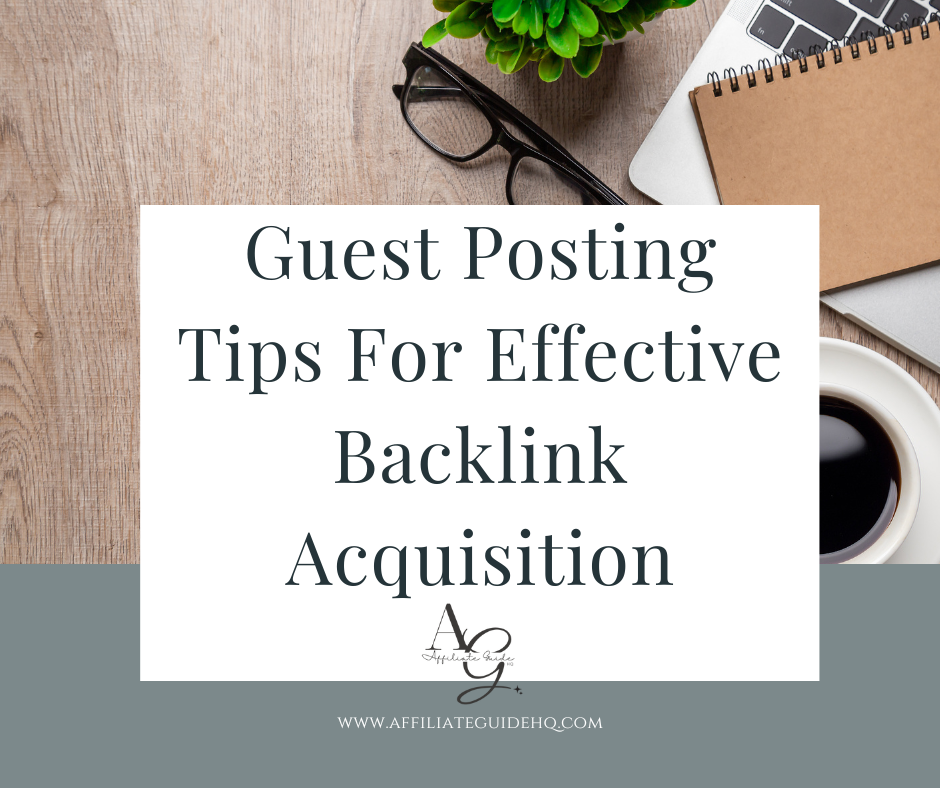

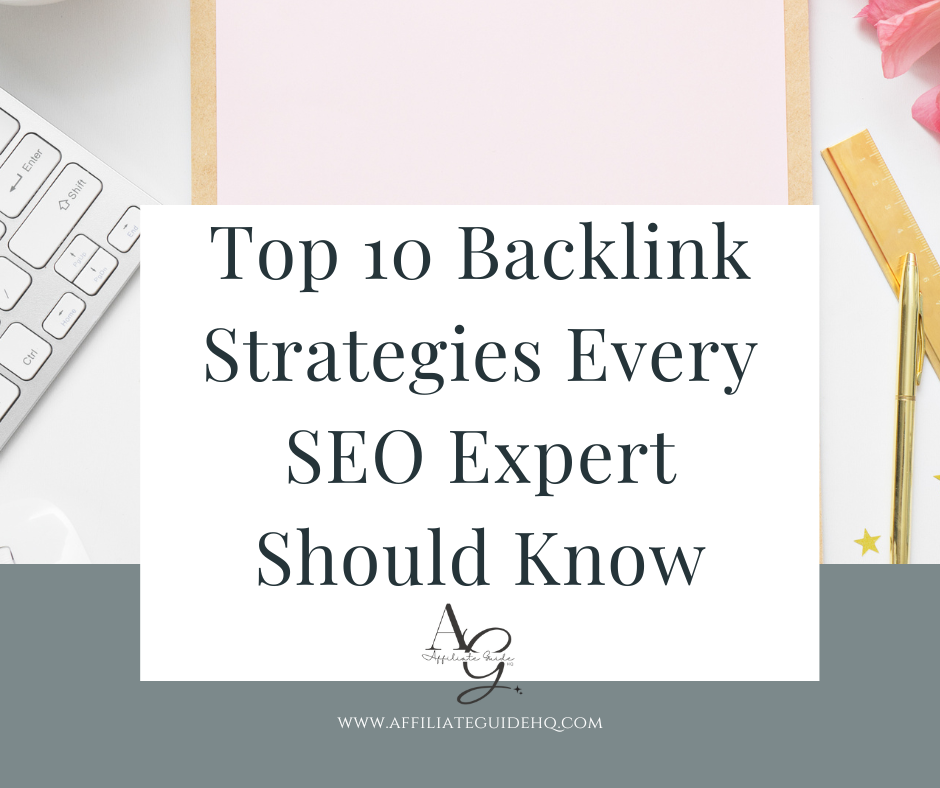
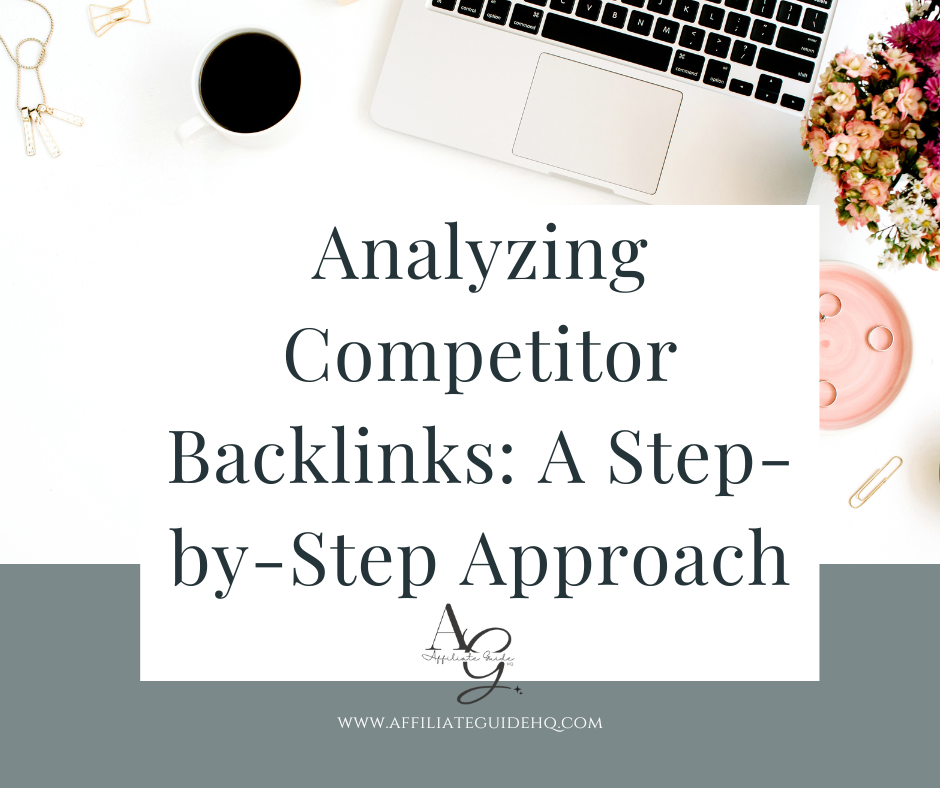
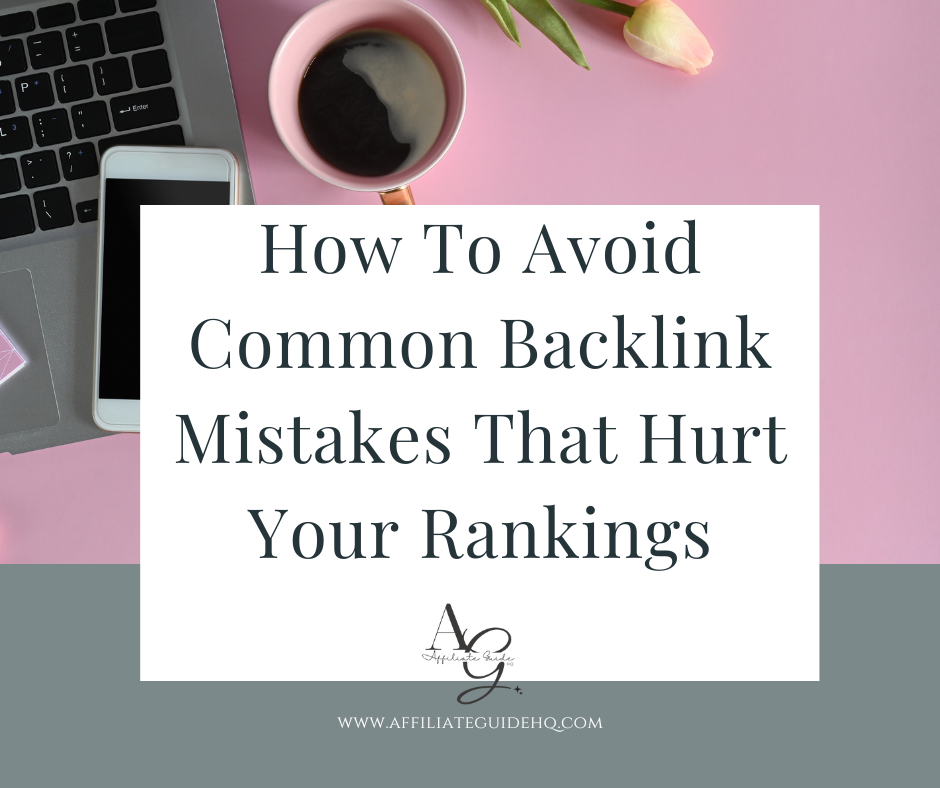

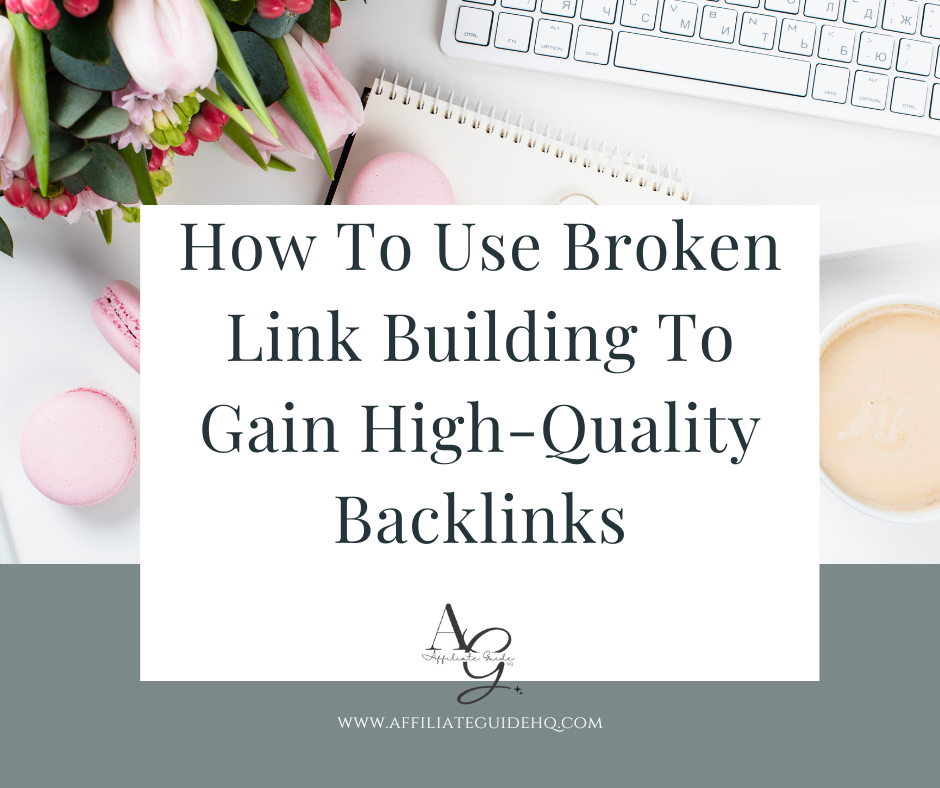


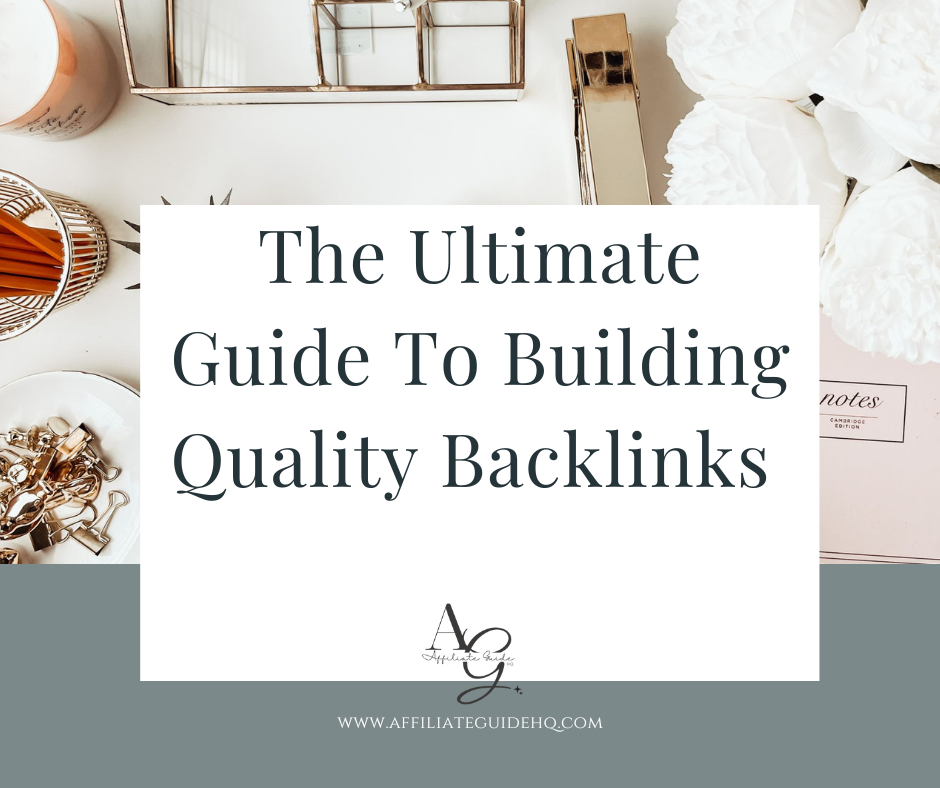

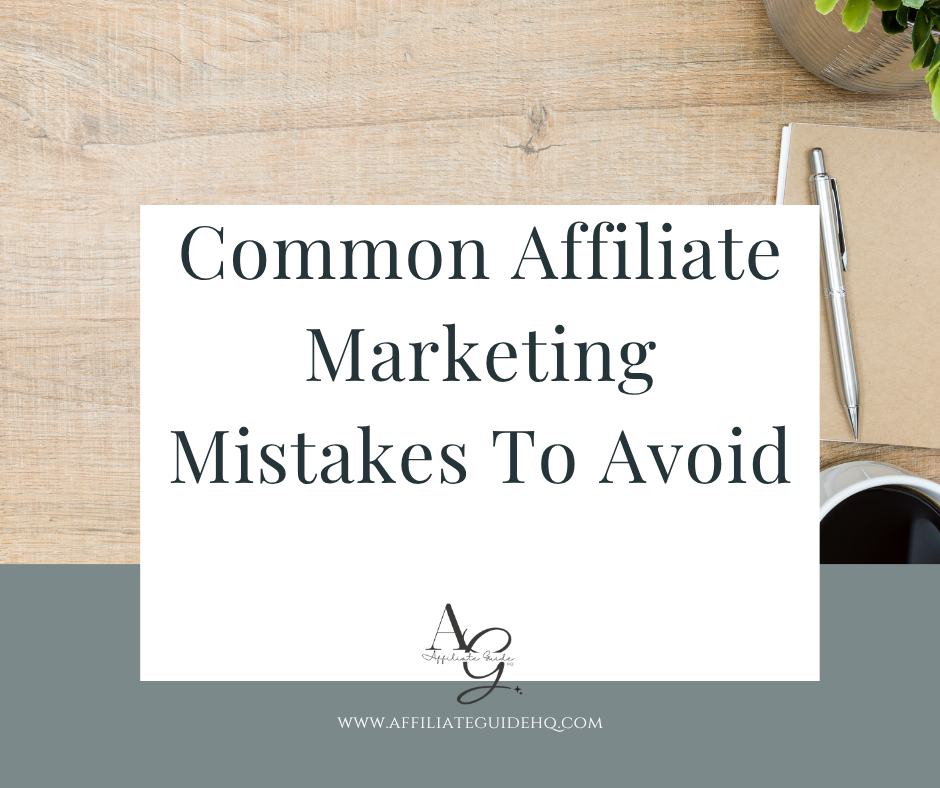

Leave a Reply